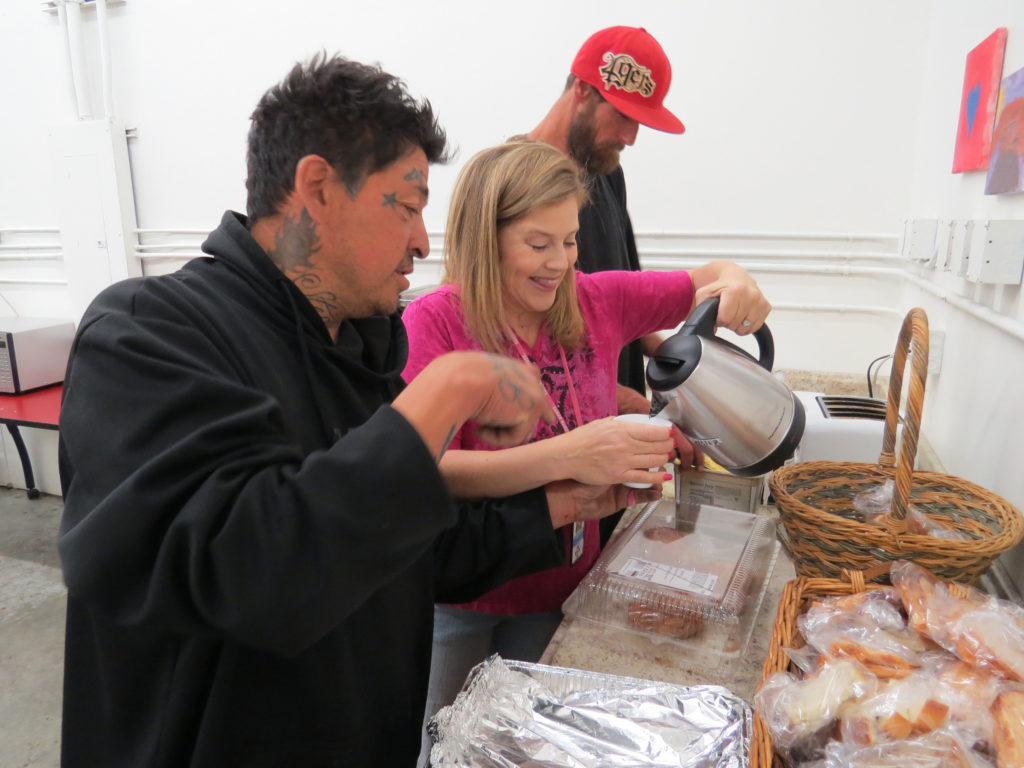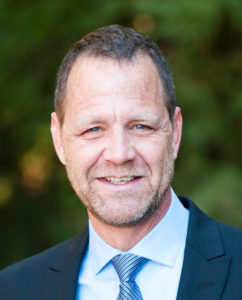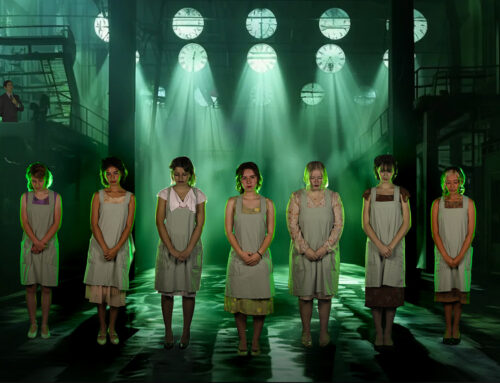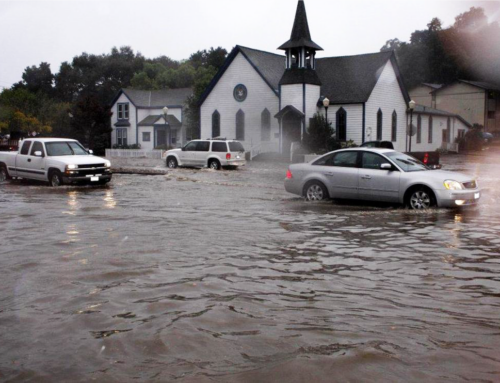“The pandemic and ensuing economic crisis have taken a toll on our community.”
![]()

Photo by Marty Cheek
By Tim Davis

Tim Davis
Meet them where they are, not where you want them to be. So the saying goes. For the past decade, we at the Gilroy Compassion Center have primarily met the basic needs of those experiencing homelessness by having them visit our center.
Those who are able come to us for their food, water, mail delivery, bathroom access, showers, laundry service, and a weekly medical van. We also assist them through individualized assessments and service referrals for shelter, mental health treatment, legal services, job training, and much more. However, most of the area’s unhoused — 814 at last count — struggle with mobility issues or are unable to access our drop-in services. That’s about to change.
Beginning Aug. 1, the center shifted its service delivery to a remote system in order to fulfill the basic needs of more unsheltered South County residents. Our hope is by bringing our services directly to our clients, we’ll be able to reach all our unsheltered residents through a more equitable and accessible delivery system. Funding comes from a grant from Santa Clara County and a pending government contract.
 We will be launching a pop-up marketplace to provide services for the unhoused throughout South County. Francesca Paist, the center’s outreach manager, will host multiple weekly “Unhoused Pop-up Markets” strategically located near homeless encampments. Each market will provide a mix of service offerings including a medical van, weekly food boxes, personal portable toilets, and vouchers for laundry, shower, and clothing access throughout the week. On a rotating basis, showers and laundry will be provided on-site at the pop-ups via WeHope’s Dignity on Wheels mobile shower and laundry unit, along with mobile vaccination and notary services.
We will be launching a pop-up marketplace to provide services for the unhoused throughout South County. Francesca Paist, the center’s outreach manager, will host multiple weekly “Unhoused Pop-up Markets” strategically located near homeless encampments. Each market will provide a mix of service offerings including a medical van, weekly food boxes, personal portable toilets, and vouchers for laundry, shower, and clothing access throughout the week. On a rotating basis, showers and laundry will be provided on-site at the pop-ups via WeHope’s Dignity on Wheels mobile shower and laundry unit, along with mobile vaccination and notary services.
In addition to alleviating the more immediate needs of our unhoused clients, we look toward long-term solutions. An on-site case manager will provide access to support and referral services including mental health treatment, legal services, job training, and vouchers for transportation, ID cards, and more. Our case manager will also enter pop-up visitors’ details into a housing waiting list in the county-wide Homeless Management Information Service database.
We are also expanding our current mobile outreach program that began late last year, in which we provide basic needs services directly to residents at local encampments. We’ve just added a 100-gallon mobile purified water unit that delivers fresh drinking water out of our mobile outreach van.
 We’ll also continue to provide a garbage collection service where residents are supplied with garbage bags and a weekly pickup service, contracted by the Compassion Center. To date, thanks to the curbside pickup, our unsheltered residents have collected more than 30 tons of garbage. Regular trash removal is an essential service the rest of us take for granted, but it’s another example of the challenges the unhoused face.
We’ll also continue to provide a garbage collection service where residents are supplied with garbage bags and a weekly pickup service, contracted by the Compassion Center. To date, thanks to the curbside pickup, our unsheltered residents have collected more than 30 tons of garbage. Regular trash removal is an essential service the rest of us take for granted, but it’s another example of the challenges the unhoused face.
By bringing our basic needs resources out to the community where they are, we are primed to grow our efforts aimed at reducing barriers to progress, and paving pathways out of homelessness and into housing. We are already reducing the number of newly unhoused in our community by providing emergency rental assistance, which we hope to expand in the future.
Our other transformational services will focus on more intensive wrap-around support through case management programs, and new safe parking sites like the one we currently manage in collaboration with our partners: the Morgan Hill Bible Church, the city of Morgan Hill, and the interfaith community.
The pandemic and ensuing economic crisis have taken a toll on our community. Our goal is to ease the suffering for hundreds who have lost their homes, while also providing the support, resources and tools required to find permanent and sustainable housing. With the collaboration and support of our community, we are hopeful that, together, we can dramatically lessen, if not eliminate, the misery of homelessness.
Tim Davis
Tim Davis is the executive director of the Gilroy Compassion Center.






